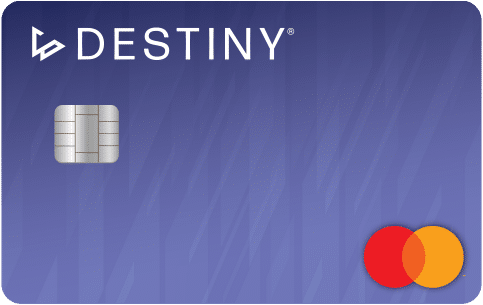US Bank offers a range of credit cards, each designed to cater to diverse financial needs and lifestyles. In this guide, we’ll delve into the benefits, drawbacks, and unique features of these cards, aiding you in your decision-making process.
Overview of US Bank Credit Cards
US Bank credit cards come in various forms, including rewards cards, travel cards, and balance transfer cards, each with unique features designed to meet specific customer needs.
Pros of US Bank Credit Cards
Wide Range of Options
With numerous credit card options, US Bank caters to a broad audience. Whether you’re seeking cashback, travel rewards, or a low APR card for balance transfers, you’re likely to find a suitable card.
Competitive Reward Programs
US Bank credit cards often come with competitive rewards programs, offering points or cashback on purchases. The U.S. Bank Altitude® Reserve Visa Infinite® Card, for instance, offers valuable travel rewards, while the U.S. Bank Cash+™ Visa Signature® Card offers a high cashback rate on chosen categories.
Cons of US Bank Credit Cards
Limited Global Acceptance
Like other American-based credit cards, US Bank cards are not as widely accepted internationally as Mastercard and Visa cards.
High APR
If you tend to carry a balance, be aware that some US Bank cards have high APRs.
Tips to Leverage Your US Bank Credit Card
Here are some strategies to maximize the benefits of your US Bank credit card:
Understand Your Spending Habits
Choose a card that aligns with your spending habits. If you frequently travel, a travel rewards card might be a good fit. If you spend more on everyday purchases, a cashback card could be beneficial.
Pay in Full Each Month
To avoid paying interest, it’s essential to pay off your balance in full each month.
Conclusion
US Bank offers a variety of credit cards designed to fit different financial needs and lifestyles. Understanding the benefits, drawbacks, and unique features of these cards can help you choose the card that best suits your needs. Always consider your personal financial situation and spending habits when deciding on a credit card.


